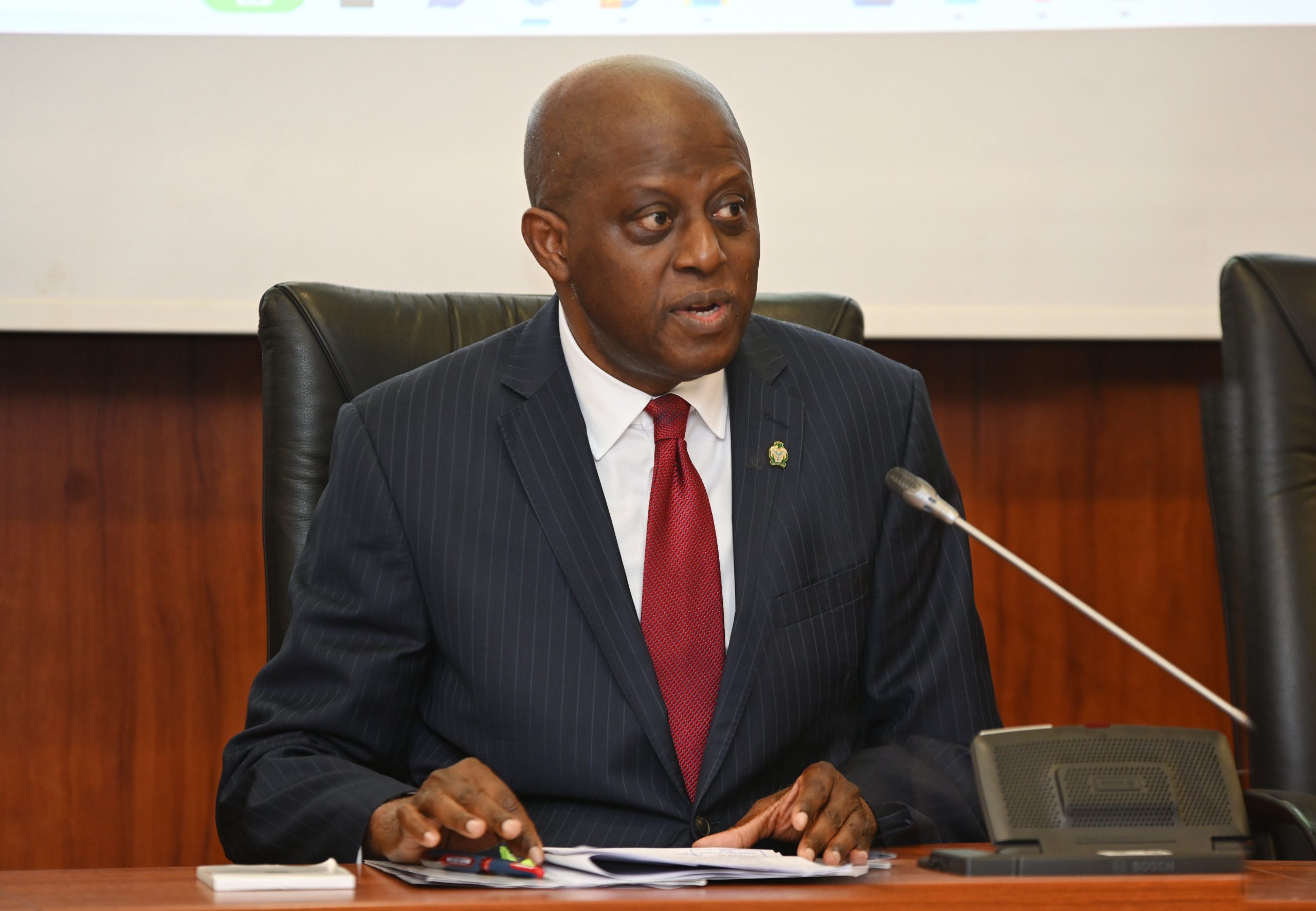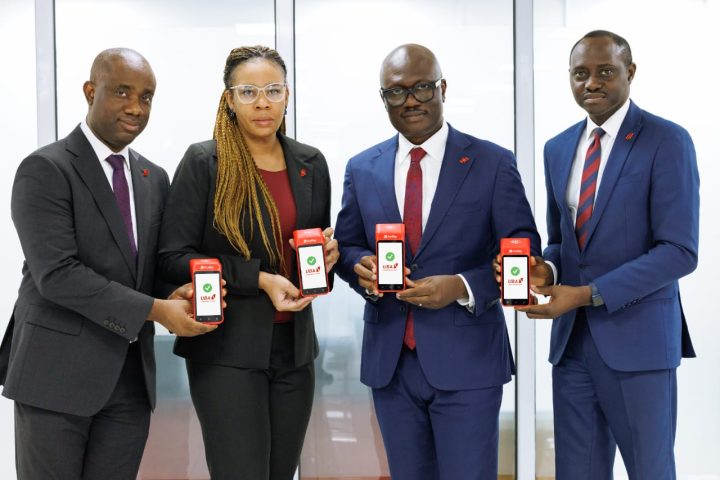The Central Bank of Nigeria (CBN) has increased the Monetary Policy Rate (MPR), the benchmark interest rate, to 24.75 per cent, from the previous 22.75 per cent.
This was announced in a communique signed by the CBN Governor, Olayemi Cardoso, released on Tuesday after the Monetary Policy Committee (MPC) meeting.
Join our WhatsApp ChannelThe 294th MPC meeting was held on 25 and 26 March 2024 at the CBN headquarters in Abuja.
According to the CBN governor, the MPC at the end of the meeting voted to hike the MPR by 200 basis points to 24.75 per cent and adjusted the asymmetric corridor around the MPR to +100/-300 basis points.
The Committee voted to retain the Cash Reserve Ratio of Deposit Money Banks at 45 per cent and raised the CRR of Merchant Banks from 10 per cent to 14 per cent.
The apex bank also retains a liquidity ratio of 30.0 per cent.
READ ALSO: CBN Sells Dollars At ₦1,252/$1 To BDCs, As Naira Value Rises Further
This is the second MPC meeting presided over by Cardoso since he assumed office as CBN governor.
The latest MPR hike is the second in two months as the CBN continues to battle the surging inflation in Nigeria.
According to the communique, the committee’s decision was in consideration of the need to tackle the current inflationary pressure and ensure price stability which is the core mandate of the CBN.
“The considerations of the Committee at this meeting focused on the current inflationary pressures and the need to anchor inflation expectations as well as ensure sustained exchange rate stability. These considerations underscore the importance of the CBN’s commitment to the price stability mandate and the need to urgently bring inflation under control to ensure that purchasing power of ordinary Nigerians is restored in the short to medium term,” part of the communique read.
As of the February MPC meeting when the benchmark interest rate was raised to 22.75 per cent from 18.75 per cent, the headline inflation rate was 29.9 per cent. However, the latest data released by the National Bureau of Statistics (NBS) revealed that it has surged to 31.7 percent. This was driven largely by food prices because of supply shortages and high cost of logistics and distribution.
According to the committee, the “key drivers of inflationary pressure remain the strong exchange rate pass-through to domestic prices; rising cost of transportation; high cost of energy and other production inputs; lingering insecurity, especially in food-producing areas; and legacy infrastructure deficits.”
The Committee therefore expressed the view that addressing food insecurity is key to controlling the current inflationary pressures in the country.
While commending the ongoing efforts of the Federal Government towards addressing food insecurity, such as the provision of various palliatives, release of grains from the strategic reserves, distribution of seeds and fertilisers, as well as farm implements for dry season farming, the MPC “therefore called for the full implementation of the Federal
Government’s agricultural policies and programmes to improve food supply and further advised for broader fiscal consolidation particularly on the improvements of tax collection and tax-to-GDP ratio.”
Naira Appreciation
It said the MPC members expressed satisfaction with the level of stability achieved in the foreign exchange market in the last few weeks and noted that it reflects the impact of the CBN’s recent policy actions and reforms, as well as increased transparency in the market.
“In addition, the Committee noted the efforts of the Bank in offsetting verified foreign currency obligations, an action that will greatly enhance investor confidence and attract foreign investments to Nigeria.”
Call to Intensify surveillance of Commercial banks
It added that the MPC also reviewed developments in the banking system and noted that the industry remains safe, sound, and stable. It however called on the apex bank to intensified its surveillance of banks and ensure their compliance with existing policies and regulatory guidelines.
The MPC also urged the CBN “to expedite action on the recapitalisation of banks to strengthen the system against potential risks in an increasingly globalized world.”
Why MPR was Increased
On why the MPR was increased the apex bank said that the MPC members, “after reviewing the balance of risks and the near-term inflation outlook, were convinced of the need to progress with the tightening cycle.”
The bank announced that the next MPC meeting will be held on 20 and 21 May 2024.
Victor Ezeja is a passionate journalist with seven years of experience writing on economy, politics and energy. He holds a Master's degree in Mass Communication.


















Follow Us